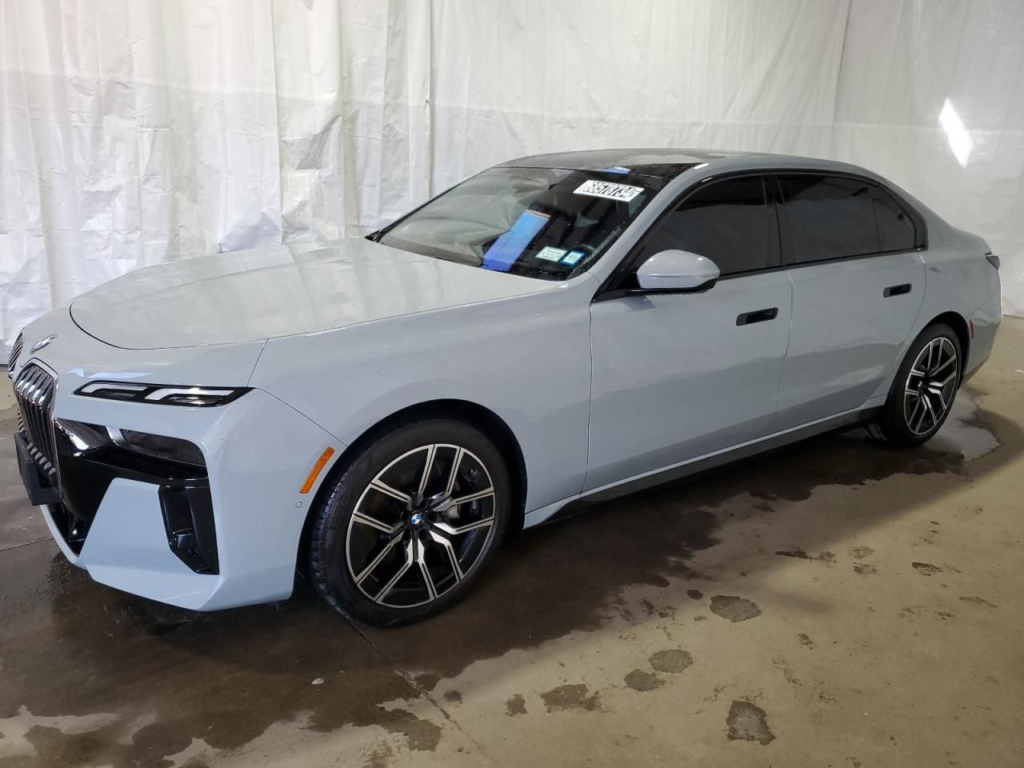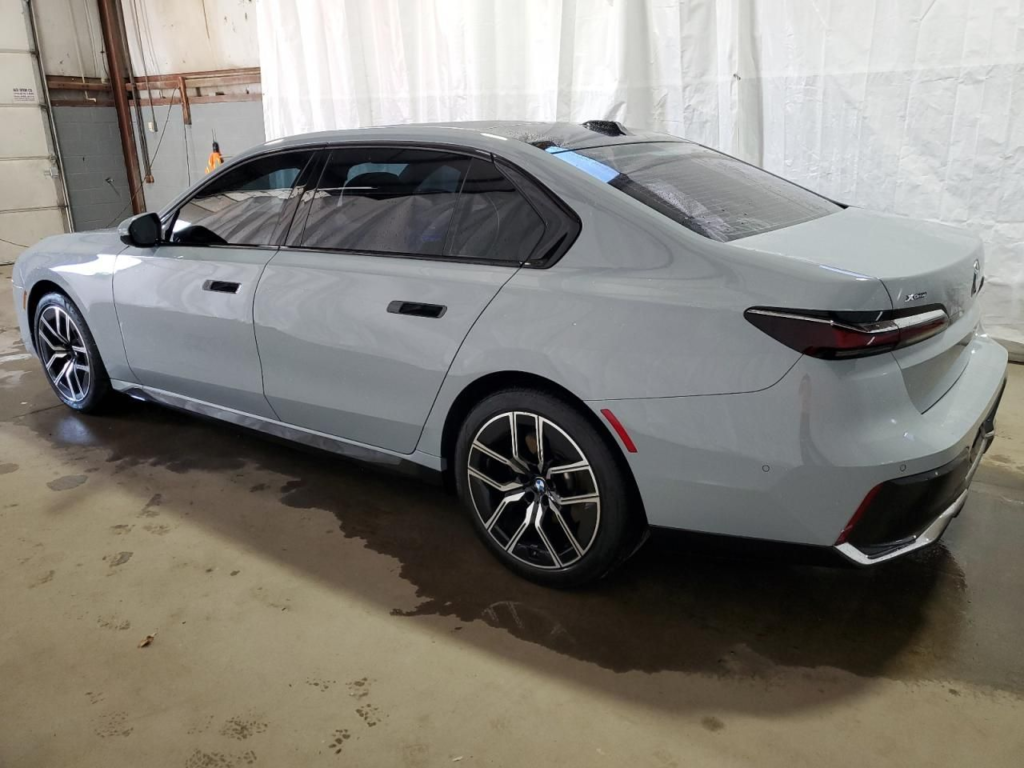
For buyers of automobiles that might require some repair but are still very useful, salvage cars provide a reasonably priced choice. Many people ignore salvage automobiles because of false impressions of their quality, but with the correct information, these vehicles may provide great worth. Knowing where to search and how to evaluate the vehicles can help you to find a premium salvage automobile within budget. Here’s a how-to for locating excellent bargainable scrap vehicles.
Understanding What Salvage Cars Are
Salvage automobiles are those that insurance companies have deemed a total loss on after damage. After floods, theft recoveries, mishaps, or other events this usually occurs. While these automobiles might seem to be in bad shape, many salvage vehicles just have cosmetic damage or easily fixable problems. Salvage vehicles have branded titles, which legally classify them as “salvage” and must be inspected before they are road worthy. These automobiles may be great investments with appropriate assessment, particularly if you search for reasonably priced means of mobility.
Researching the Salvage Market
Starting with careful investigation is crucial to identify premium salvage vehicles. Learn about the many kinds of salvage automobiles on the market as well as the usual pricing ranges for the models you may be interested in. Knowing typical rates helps you find bargains and stay away from overpayment. Investigate other sites or suppliers of salvage autos as well; certain areas may have more of particular kinds of vehicles, which would drive more competitive rates. This method helps you to pick a car with few problems and focus on excellent offers.
Setting a Realistic Budget
Establishing a reasonable budget is quite vital while shopping for a salvage automobile. Apart from the purchase cost, consider the expenses for possible repairs, inspections, and any other required maintenance to render the vehicle roadworthy. Many consumers discover that, as compared to purchasing a used automobile with a clean title, a little additional repair investment still saves them greatly. Add a buffer to your budget to help you to plan for unanticipated expenses; try to keep overall expenses less than the projected market value.
Inspecting Salvage Cars Before Purchase
A major first step in purchasing a salvage automobile is inspection. See a skilled mechanic evaluate the car before committing any money. This check will expose structural deterioration, engine performance, or other latent concerns. From the mechanic’s point of view, one may get an understanding of the possible repair expenses and if the automobile will satisfy your expectations. When buying from auctions, where inspections can be few, closely review accessible pictures, repair records, and seller disclosures for any obvious problems.
Determining Which Repairs Are Worth It

Not every repair justifies the cost. Determine which problems are really necessary to fix and which can wait before you buy. Important elements are engine performance, transmission health, and safety aspects. A good possibility for a discount buy is a high-quality salvage automobile, which could just need some light repairs or modest cosmetic modifications. Giving these areas top priority helps you from wasting money on fixes that won’t increase the car’s worth.
Navigating Auctions for the Best Deals
A lot of salvage vehicles are auction-based, where purchasers may discover some of the finest offers. But auctions might be competitive, hence plan your budget ahead of time and pay close attention to bidding conflicts. Although auctions sometimes include specifics on the state of the automobile, always do your due care. Although purchasing at auction might have restricted access to inspections, reading reviews of the auction site and researching car histories will boost your trust in the purchase.
Securing Paperwork and Registration
Handling the required documentation comes next once you have chosen a salvage automobile. Repairable classic cars call for particular registration and frequently supplementary testing to guarantee roadworthiness. To learn the particular documents needed in your region, get in touch with your local Department of Motor Vehicles (DMV). Good paperwork not only validates your purchase but also streamlines future selling choices should you want to sell the automobile.
Conclusion
With the correct strategy, one may find excellent salvage automobiles at reasonable costs. Understanding the type of salvage vehicles, doing research, budgeting for repairs, and carefully negotiating auctions can help you to find a dependable automobile without overspending. Although salvage vehicles can offer great value, appropriate care is crucial to guarantee wise investment.



